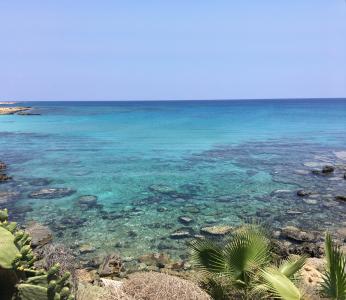Although the Mediterranean islands produced some of the most sophisticated cultures of the ancient world, until recently there was little evidence that these islands were occupied prior to the Neolithic. This perception has radically changed over the past decade. New research indicates that some remote islands, such as Crete and Naxos, may have been occupied by Neanderthals, and certainly by the Epipaleolithic it appears that continental-island voyages were far more common than previously believed. This Mediterranean travel and exploration has wide-ranging implications for both the islands and the adjacent mainland interaction spheres. The Mediterranean island of Cyprus, once thought to be peripheral to regional cultural developments during prehistory, is now at the forefront of research on Late Epipalaeolithic hunter-gatherer and Early Neolithic movements and colonization, as well as their associated technological innovations and impacts on shaping newly settled landscapes. We now know, for example, that Cyprus had Late Epipaleolithic hunter-gatherer and Early Neolithic occupations. Evidence for Epipalaeolithic occupation of Cyprus remains limited, however, with only a handful of sites known and only one chronometrically dated. To firmly establish the occupation of Cyprus by Epipalaeolithic hunter-gatherers, this project explores several potential Epipalaeolithic sites along the Tremithos River Valley, including coastal and inland occupations. These hunter-gatherers had knowledgeable and nuanced uses of landscapes, including landscape construction and management, as well as technological innovations, allowing them to leave the mainland and explore new regions across the Mediterranean Sea. This research addresses the associated social contexts for the innovations that allowed for exploration and survival in new environments. Identifying and dating Epipalaeolithic occupations on Cyprus addresses issues of exploration and movement into new territories, moving beyond economic based theories of hunter-gatherer mobility strategies to understand why and how people explore the unknown.
Lisa
Maher
Research Date:
2018
Research Website:
Region(s):
Research Theme(s):
Campus Affiliation:






